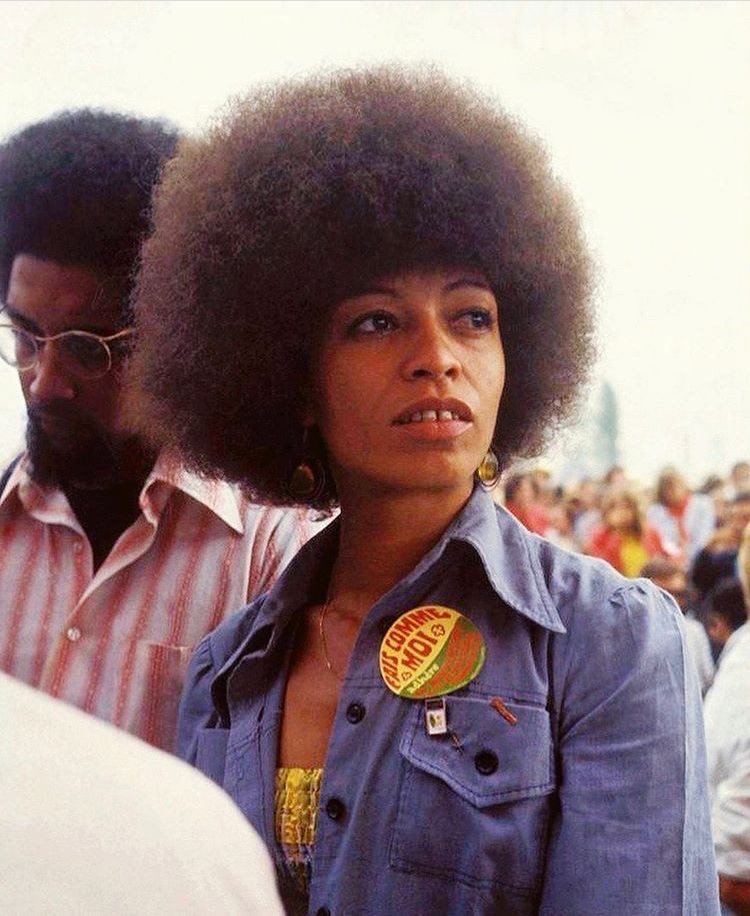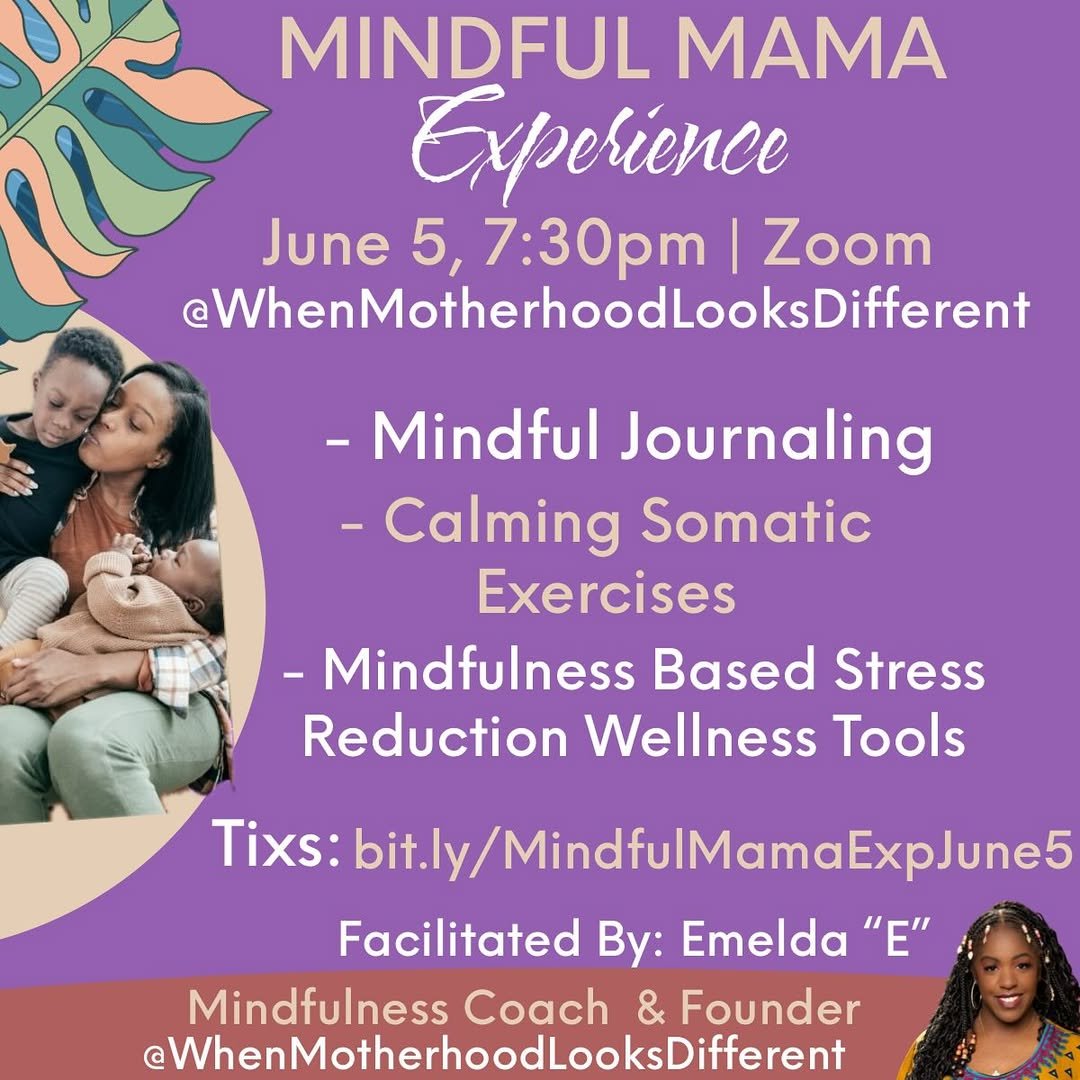Radical Self Care Tips for Neurodivergent Motherhood
image via Unsplash
If the words self care instantly bring on an eye roll or smirk, I completely understand, Mama. Because Moms like us (who are raising neurodivergent kids and neurodivergent ourselves) are often in survival mode from moment to moment; and we live in a world determined to erase disability; the persistent reminders of this are everywhere whether through the rhetoric of our present administration or endless ”well-meaning” advice in daily conversations (“my sister’s friend tried this or that potion, and their kid is fine now.”)
Moving through our ableist world creates hypervigilance, and contributes to chronic stress (which many parents experience raising children with disabilities) which is associated with numerous health issues, including “muscle tension, digestive problems, headaches, weight gain or loss, trouble sleeping, heart disease, susceptibility to cancer, high blood pressure, and stroke.” Source: Columbia University Irving Medical Center, “ Chronic Stress Can Hurt Your Overall Health, May 19, 2023
Yet, most healthcare professionals working with our families rarely inquire about how we are coping. Several years ago, in those early days of Nai’s diagnosis, one of the first things to fall away for my husband Kes and I both was traditional self care; for me, hair and nail appointments became sporadic, and retail therapy (shopping on lunch breaks was cardio y'all, lol) became unrealistic. And it’s because, ultimately, families like ours require something deeper than fleeting escapes and empty consumption; we need radical self care.
What Exactly is Radical Self Care?
Last year while planning a collaborative workshop series for our podcast and organization, Pray with our Feet, I stumbled across a powerful definition of radical self care from Learn & Unlearn: Anti-Racism Guide:
“Radical self-care is the prioritization of placing your needs before someone else's. Radical self-care is carving out a space for yourself by defining your own self-care. It is radical because it is the act of fully engaging in self-care and ourselves. We know ourselves the best, what we are feeling, and what we need. It is because we know ourselves best, that we can assert what it is that we need. When we are addressing ourselves, it positively trickles out to the community and the environment around us. It is healing. It is self-acceptance. It is radical.”







